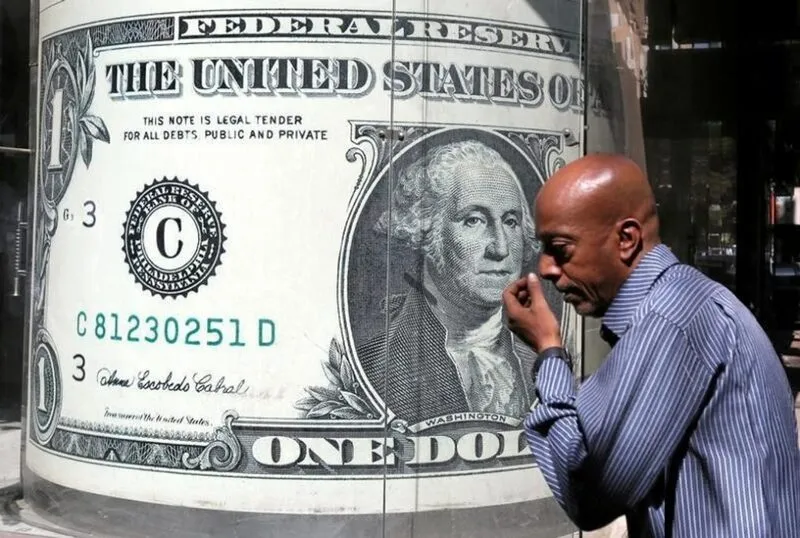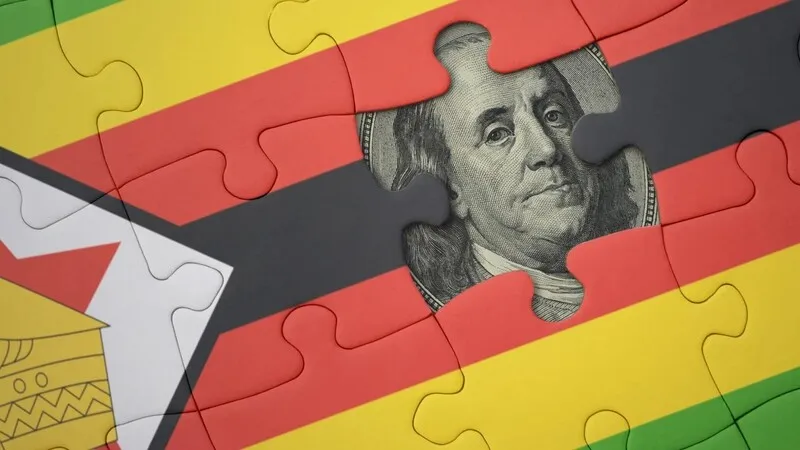The Reserve Bank of Zimbabwe (RBZ) announced on Thursday its decision to launch a new de-dollarization roadmap across the country. The timeline for the guideline is set for November this year, with the new framework shaping the monetary policy. The Central Bank confirmed that the roadmap will be a five-year policy ushering in a major economic shift in finances.
“De-dollarization roadmap is a work in progress,” wrote The Reserve Bank of Zimbabwe in the de-dollarization report. “It will be crystallized in the National Development Strategy II (NDS2) and consideration will always be made to ensure that there is business continuity and certainty.”
Also Read: Morgan Stanley Sounds Alarm: Dollar Could Tumble 10% by 2026
Zimbabwe’s Central Bank To Unveil Major De-Dollarization Roadmap

The Reserve Bank of Zimbabwe confirmed that it held talks with stakeholders and will regulate the de-dollarization roadmap accordingly. Authorized Dealers could be permitted to continue business as usual, while the others might be subjected to changes. The overall imports and exports sector could be affected once the policy goes live in November. Unauthorized dealers could face legal trouble if they continue sending or receiving the US dollar after the November roadmap.
Many cross-border transactions in foreign currencies without the authorization of the Central Bank had been plaguing the country. De-dollarization is now the only solution to make Zimbabwe’s local currency take a larger share of the markets. The Central Bank decided to crack the whip on unauthorized dealers who were pooling in the USD, making the Zimbabwean dollar dysfunctional in the markets.
Also Read: Top Global Asset Manager Sees More Weakness for the US Dollar
The de-dollarization roadmap is being worked on as the US dollar has illegally made its way into Zimbabwe. Unauthorized dealers with the help of fintech firms had been flying planeloads of hard cash in the USD packed in various bundles. The hard cash worth millions was being spread across the country as the demand for the US dollar grew. This led to the depreciation of their local currency, the Zimbabwean dollar, prompting the government to take a hard stand against malpractices.






